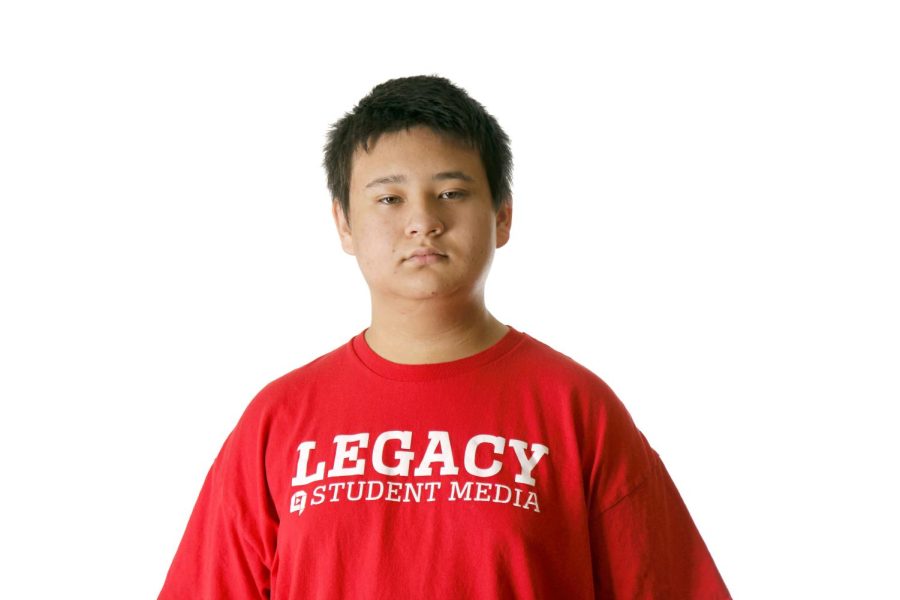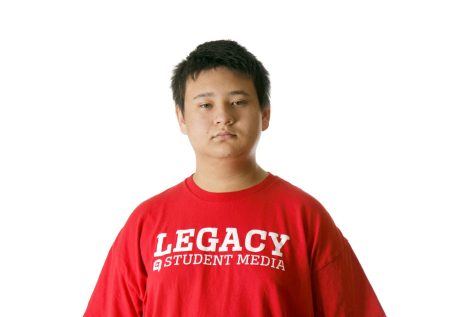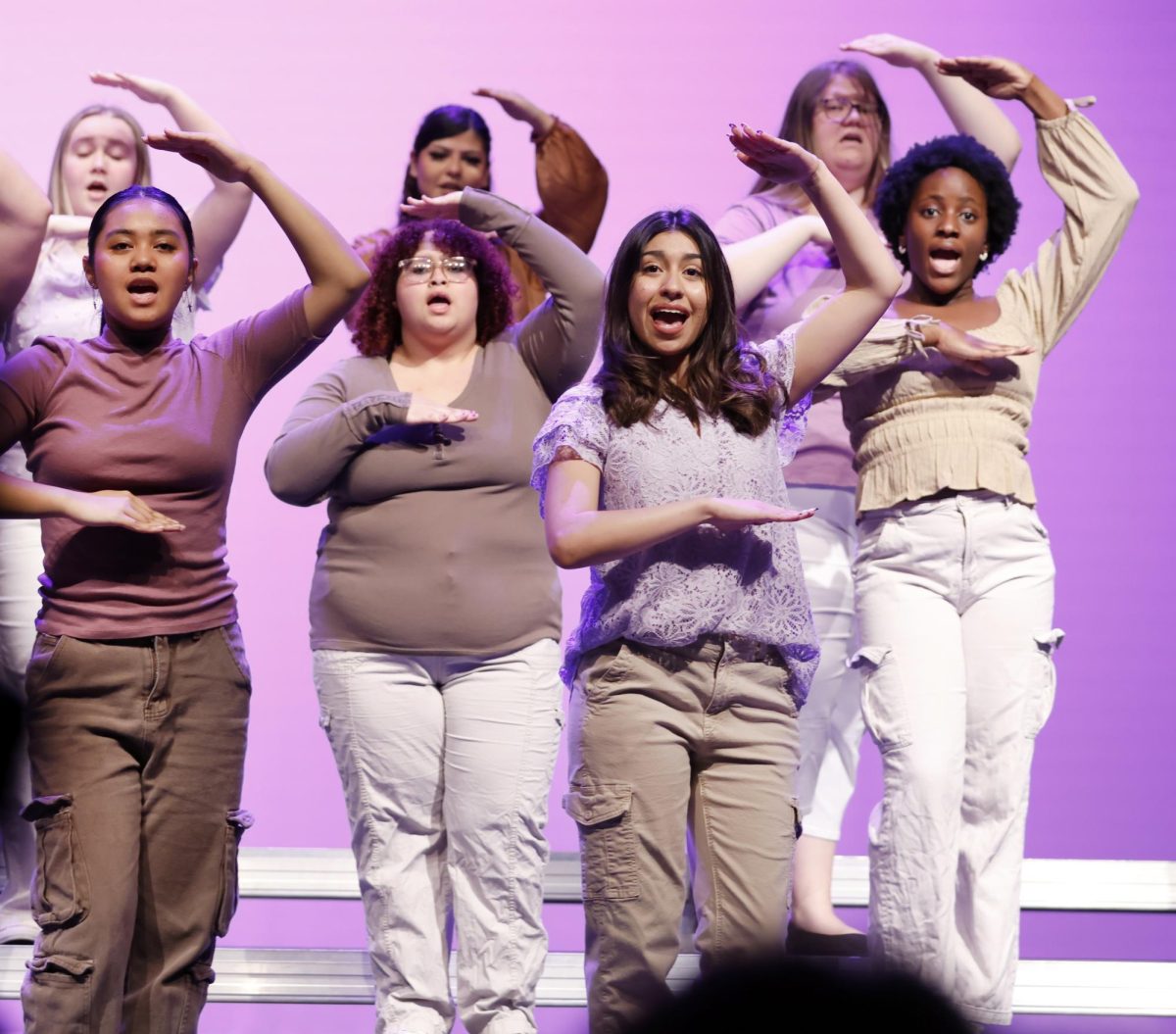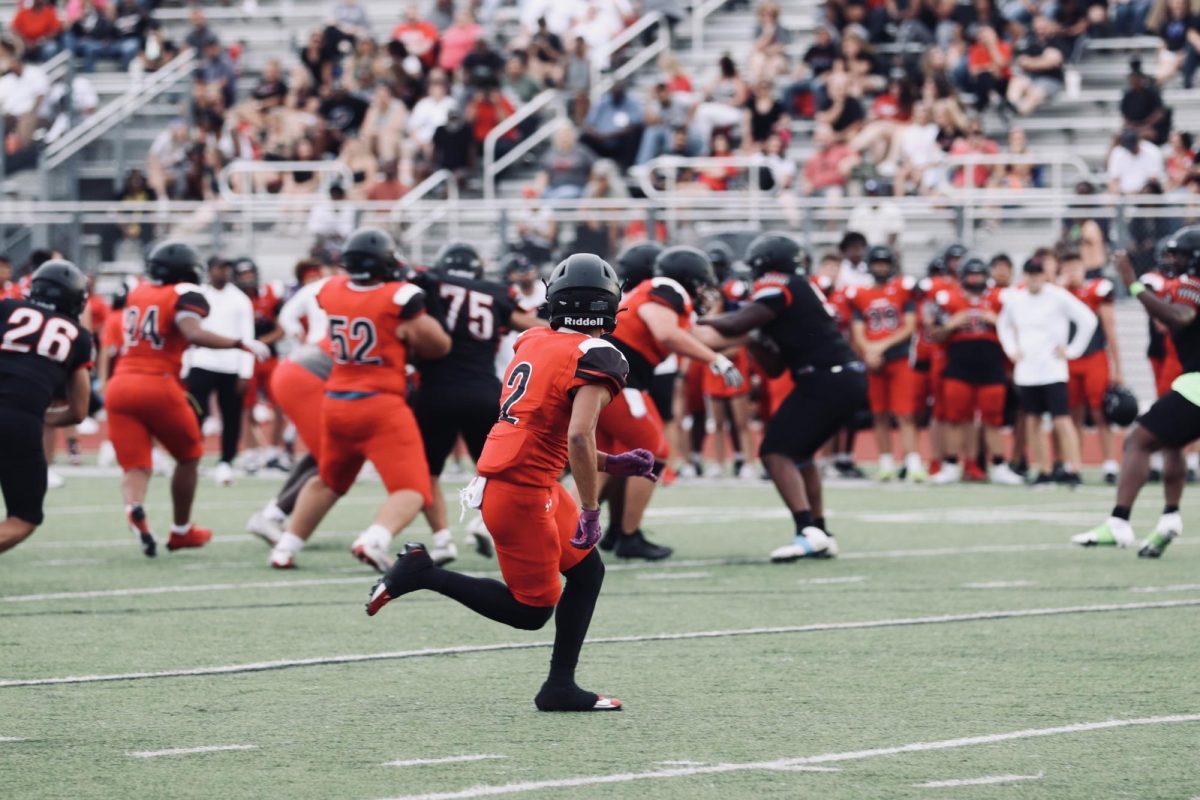When I was eight years old, I won third place in a poetry competition, when I recited an emotional poem about a deposed emperor. The first and second place winners were teenagers, so I’ll always be proud of that poetry competition. Sadly, I don’t remember much else from that day, other than the bad Lo Mein, and the random teenagers gloating after their victory. I paid no attention to them, because after 13 weeks of depressing classes with those same teenagers, I was able to recite a poem in front of the judges well enough to claim my trophy, a thin plastic “medal” screwed into a fake marble base. On the front, a plate read “Sunray Poetry Competition – Third Place” or something to that effect. The main thing I learned from that experience was to read ancient poetry vertically, lines right-to-left. The rest of that class is a fleeting memory. All I remember is having to wake up at 6 a.m. on Saturdays to go to Carrollton, so I could learn Chinese.
Sunray is a Chinese cram school, otherwise known as a hagwon, or a best-in-class tutoring center, or a knock-off Kumon. Many Asian parents send their children to Saturday or Sunday classes at a cram school, which offers education several grade levels above those offered in regular schools. At Sunray, I had to take Chinese, English, and Algebra I in the early hours of the morning, before going home and cramming the homework packets and watching further classes on DVD, A+ Algebra: With Solutions! They couldn’t give me these classes over the internet—no, the internet is reserved for Brainpop and propaganda-esque Chinese grammar videos about a White American high-schooler living in Suzhou, teaching Chinese to the young ABCs back home, while looking cool, or the Chinese knock-off version of a cool American high-schooler—not once has a teenager looked slick eating a giant soup dumpling, while also professing their undying admiration for Chinese culture. “Xiao Long Bao bi Han Bao wo zUi Xi HuAn,” he said while clearly disinterested with the amount of money the Chinese government had presumably paid him to say those lines. That means “Soup Dumplings are my favorite—I like them more than hamburgers.” Needless to say, I was not a fan of Chinese school. I began to hate everything about learning Chinese, from the hours of classes on Saturday, to the further hours of suspect online Chinese classes.
My name is Chen Lu-Jia. My 中文 name, that is. Many Asian Americans have two names—an American name, and a Native name. My Chinese name was chosen by my grandfather, Chen is my last name, Lu after Saint Luke, patron saint of physicians (yes, my parents wanted me to be a doctor), and Jia, which means “good” or “auspicious”. I am Auspicious St. Luke Chen, (future doctor). My name, Chen Lu-Jia, are some of the few words I can still write in Chinese. Because I learned Chinese through osmosis, speaking with my family, and not through reading and writing, I was, and still am, functionally illiterate in Chinese. The classes were meant to remedy that illiteracy, but they only made me less motivated to actually learn. I didn’t learn Chinese in a classroom, I learned Chinese through speech alone. The corollary effect of learning Chinese through speech is the giant gaps of vocabulary that I never needed to use. I can talk about food just fine, but I can’t talk about science or math, or even use basic Chinese to talk about anything that doesn’t relate to the weather, food, or anything else you would expect someone speaking third-grade chinese to know.
Every day, I lose another word. Yü means rain. Ri means sun. Re means hot. Leng means cold. “Wo de zhong wen bu tai hao” is my favorite greeting for the rare Chinese person trying to strike up a conversation. When I went to Austin for a debate tournament last semester, I walked into a Sichuanese restaurant near UT Austin. I muttered to myself in Chinese as I ordered my favorite food, Chongqing-style Crispy Chicken on a touchscreen. The cashier at the counter gave me my rice and asked if I wanted chopsticks (Ni yao bu yao kuai zi?) and I answered in Chinese, wo yao. What ensued was one of the most depressing conversations I’ve ever had. She said: “Ni yao (words I didn’t understand)?” I responded in English: I’m sorry, I can’t speak Chinese.
She asked me in English, “Are you Chinese?”
| –Wo de mama shi Zhong Guo ren, dan shi, wo de Zhong Wen bu tai hao..
My mother is Chinese, but my Chinese is not very good. –“Ni de baba shi Mei Guo ren?” “Is your father American?” –Ta shi. He is. –“Ni keyi shuo Zhong Wen?” “Can you speak Chinese?” –Yi dian dian. A little bit. –“Ni de mama shi nali de?” Where is your mother from? –Ta shi Nanchang ren, danshi, wo de wai gong shi Chongqing ren. She is from Nanchang, but my maternal grandfather is from Chongqing. –“A, suoyi ni mai nage La Zi Ji.” “Oh, so you bought the Chongqing-style chicken.” –Shi. Yeah. –“Ni qü Zhong Guo le?” “Have you been to China?” –Wo qü Zhong Zuo san nian— ago. Wo de zhong wen bu tai hao— I went to China three years— ago. My chinese is not very good– –“Ni gaoxing” “Did you like it?” –Shenme? What? –“Ni xi huan?” Did you like it? (different words) –Wo xi huan, dan shi, wo men qü yong yi ge chuan, suoyi, na li you hen duo bei ren. I did, but we went on a cruise, so there were many white people there. –“Hao, wo gei ni ni de cai. Ni yao yi ge cha?” “Okay, I’ll get your food. Do you want a fork?” –Wo bu yao. Wo de cai you bu you mi fan? No thanks. Does my food come with rice? –“Mi fan zai zhe li.” “The rice is here.” |
Ni keyi bu keyi shuo zhong wen? To that point in time, I had not talked to anyone in Chinese for over a year, and I had no frame of reference as to how much my comprehension had deteriorated. I can pronounce the words, I just don’t know what they mean—I feel like John Cena. My only link to Chinese was through my family, and I haven’t spoken to them in years. Without anyone to speak Chinese to, I lost my comprehension, and with it, I lost a vital link to my culture—my history. Every summer I resolve to re-learn Chinese, but I never do, mostly because I don’t feel that connection anymore. When people speak Chinese, I don’t understand them, and when I speak Chinese, all I can say is “Dui bu qi.”

















